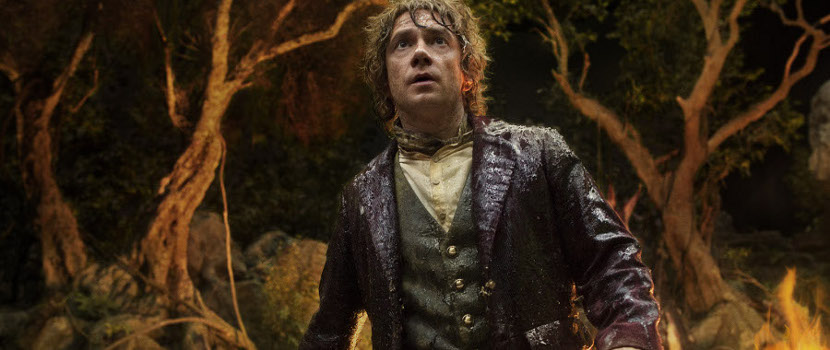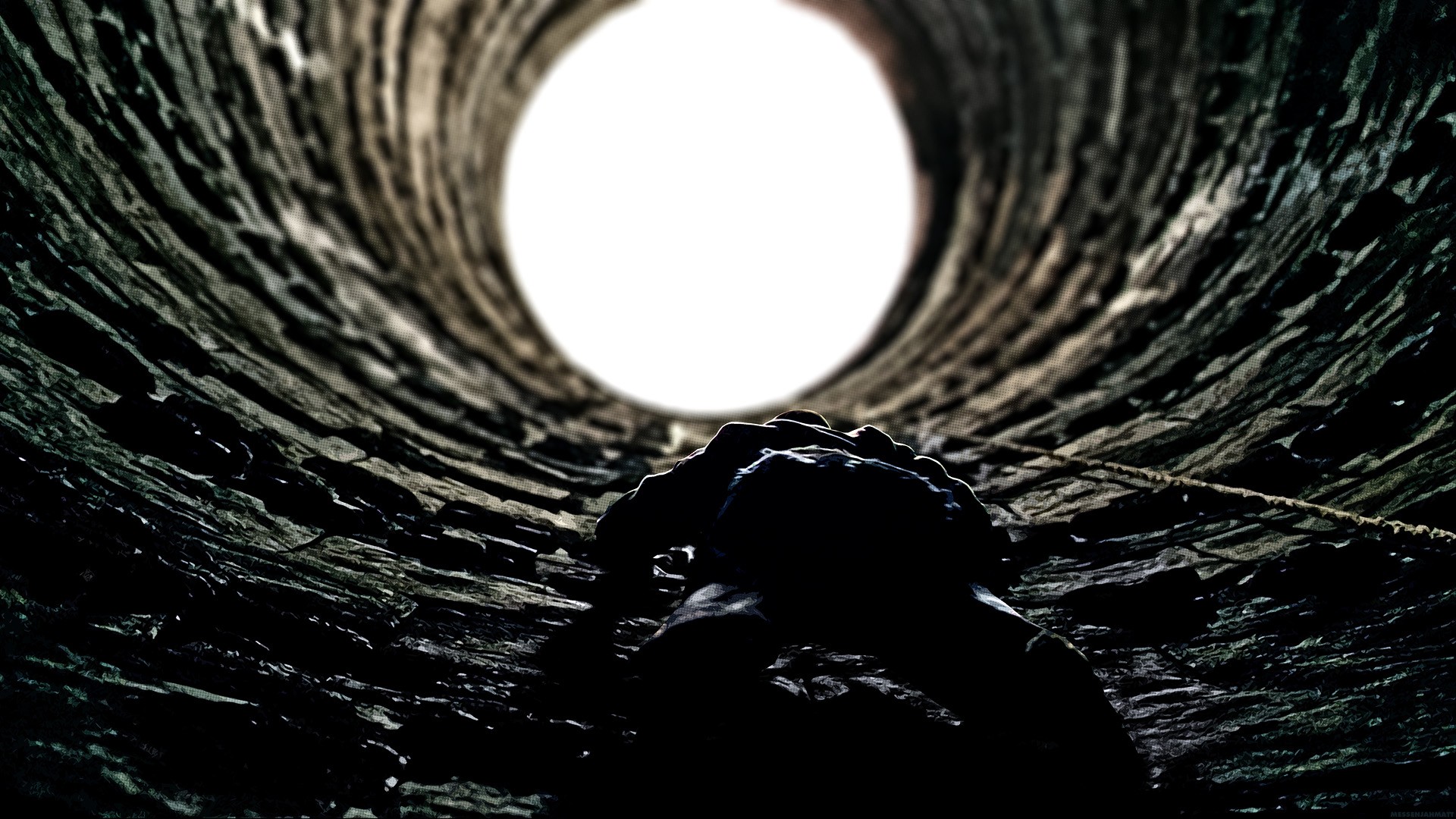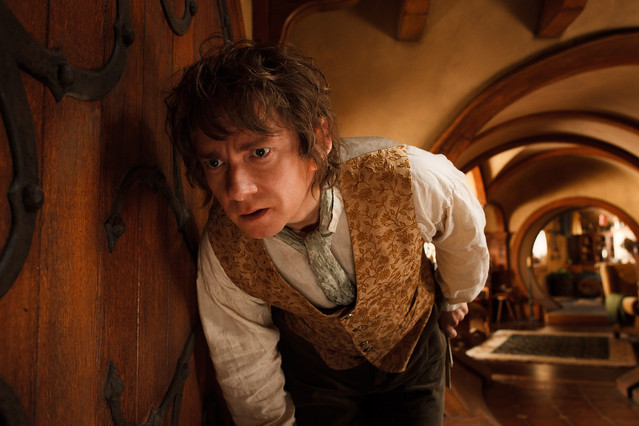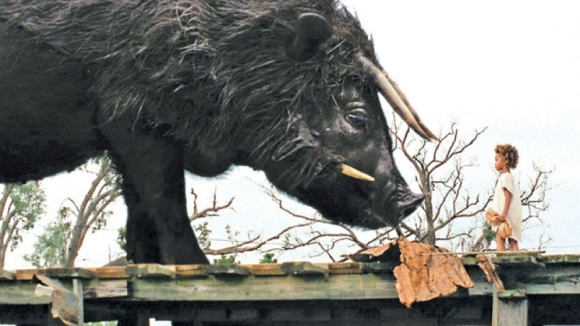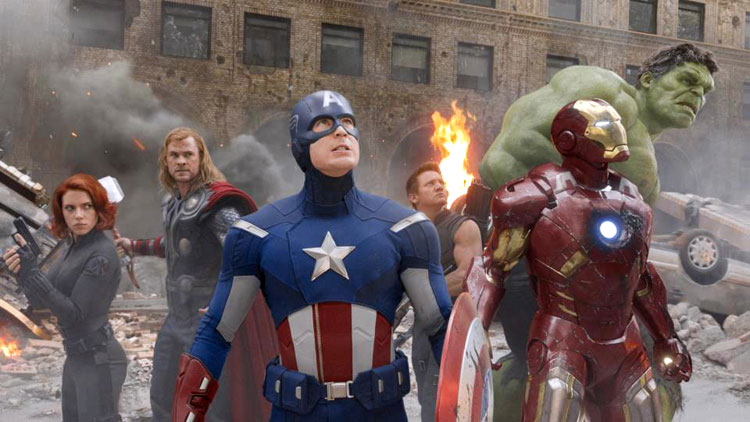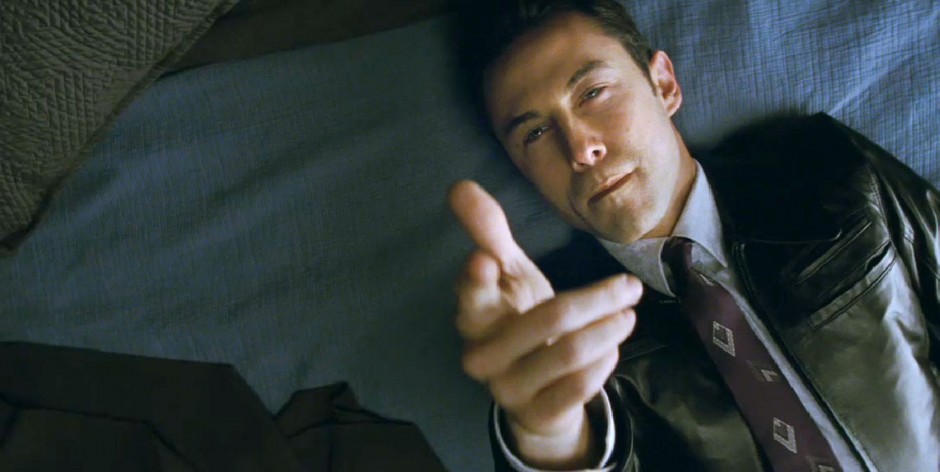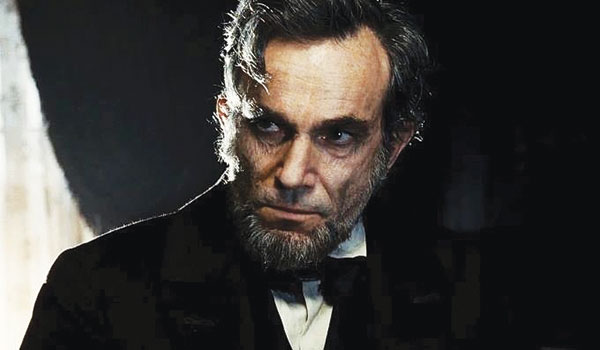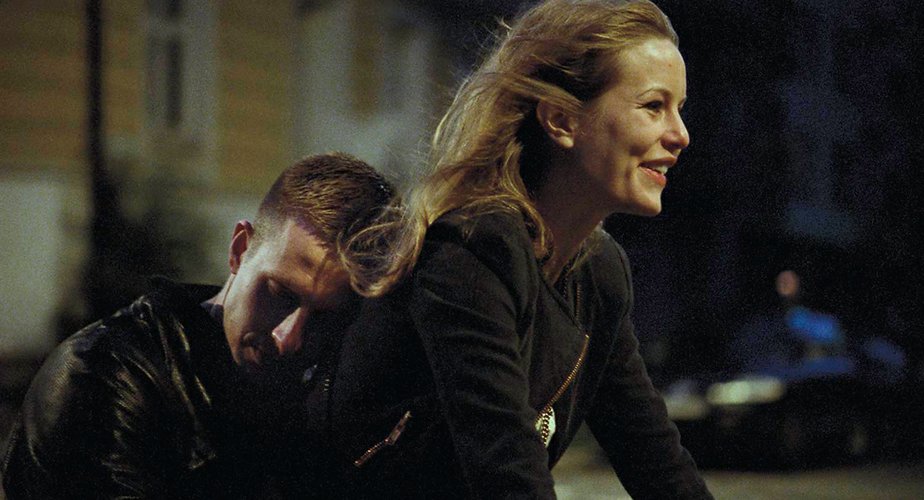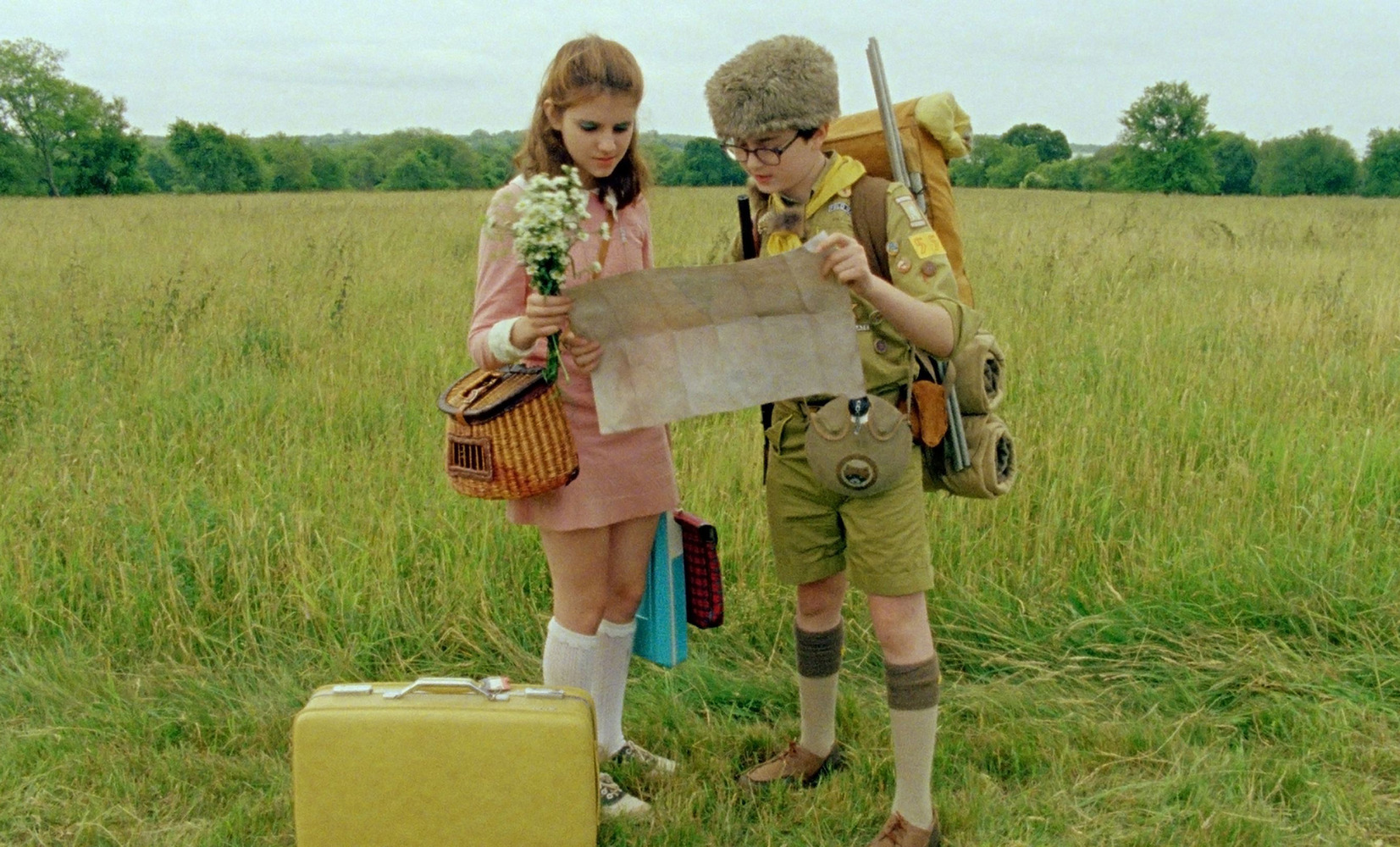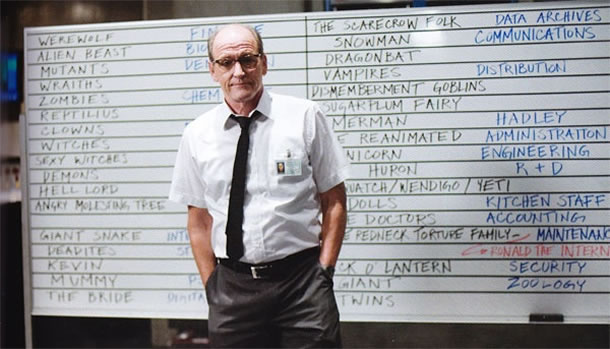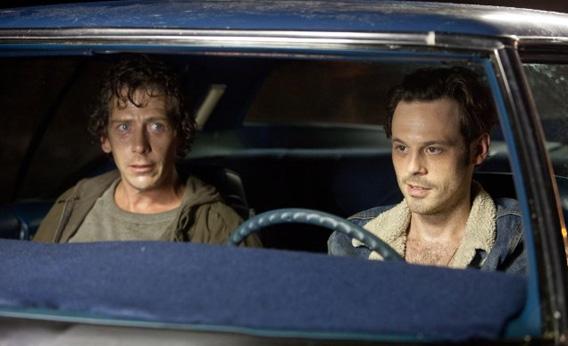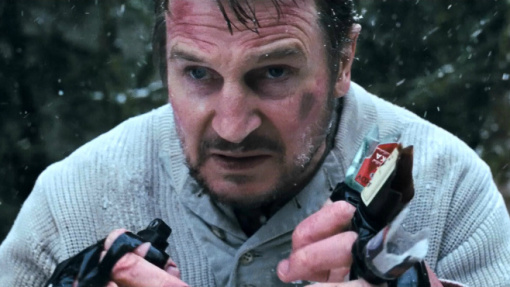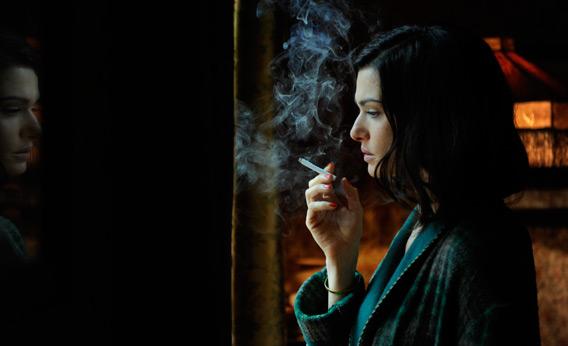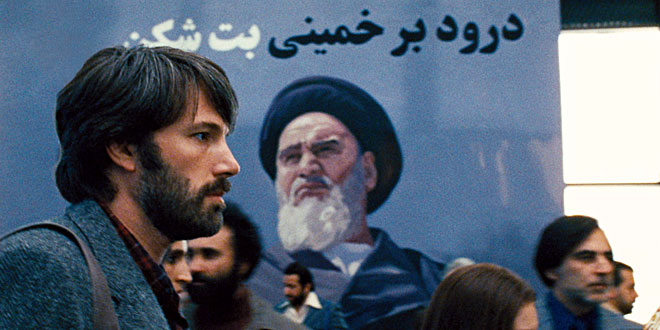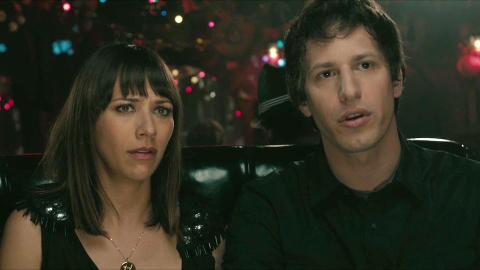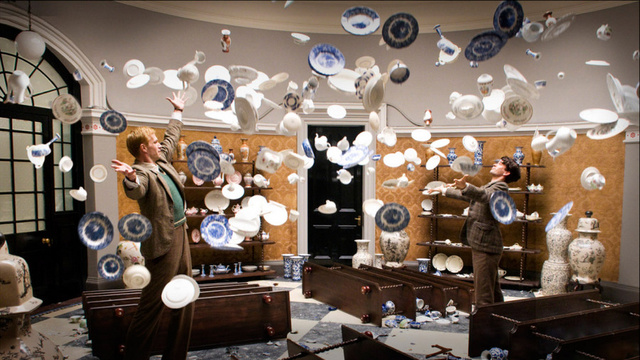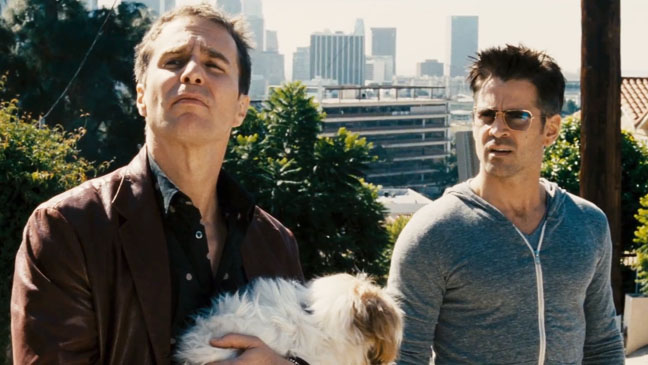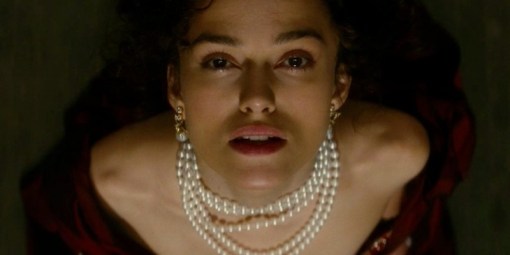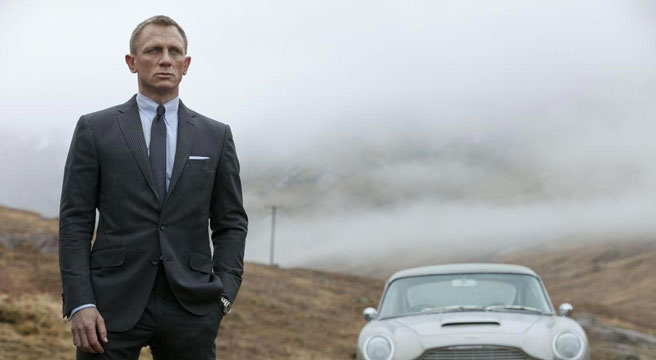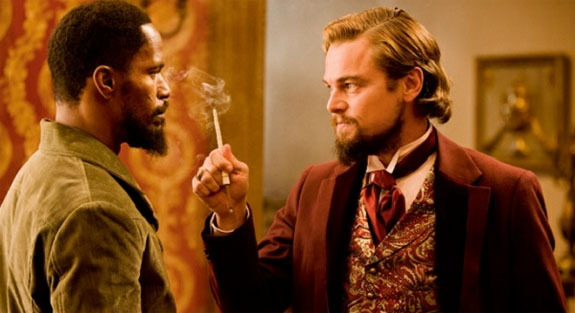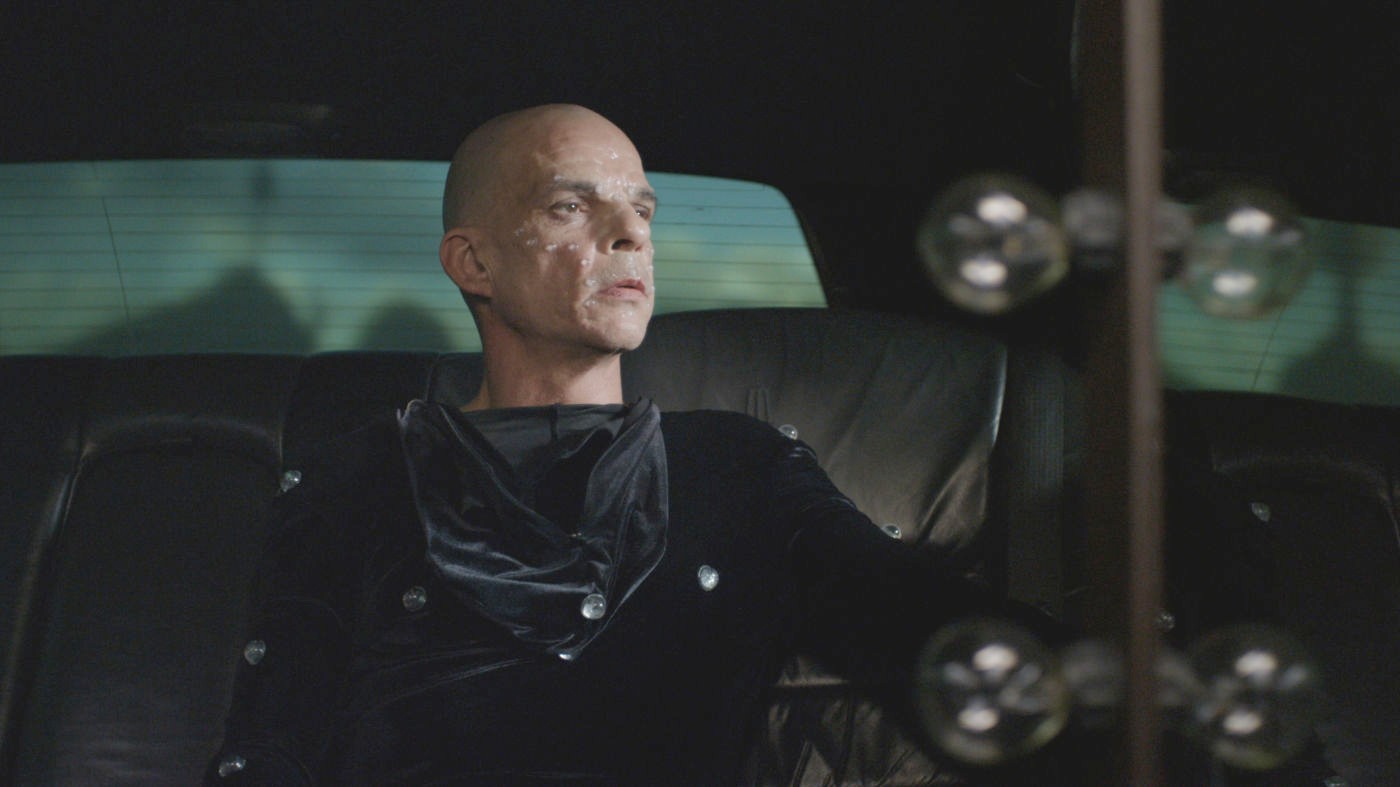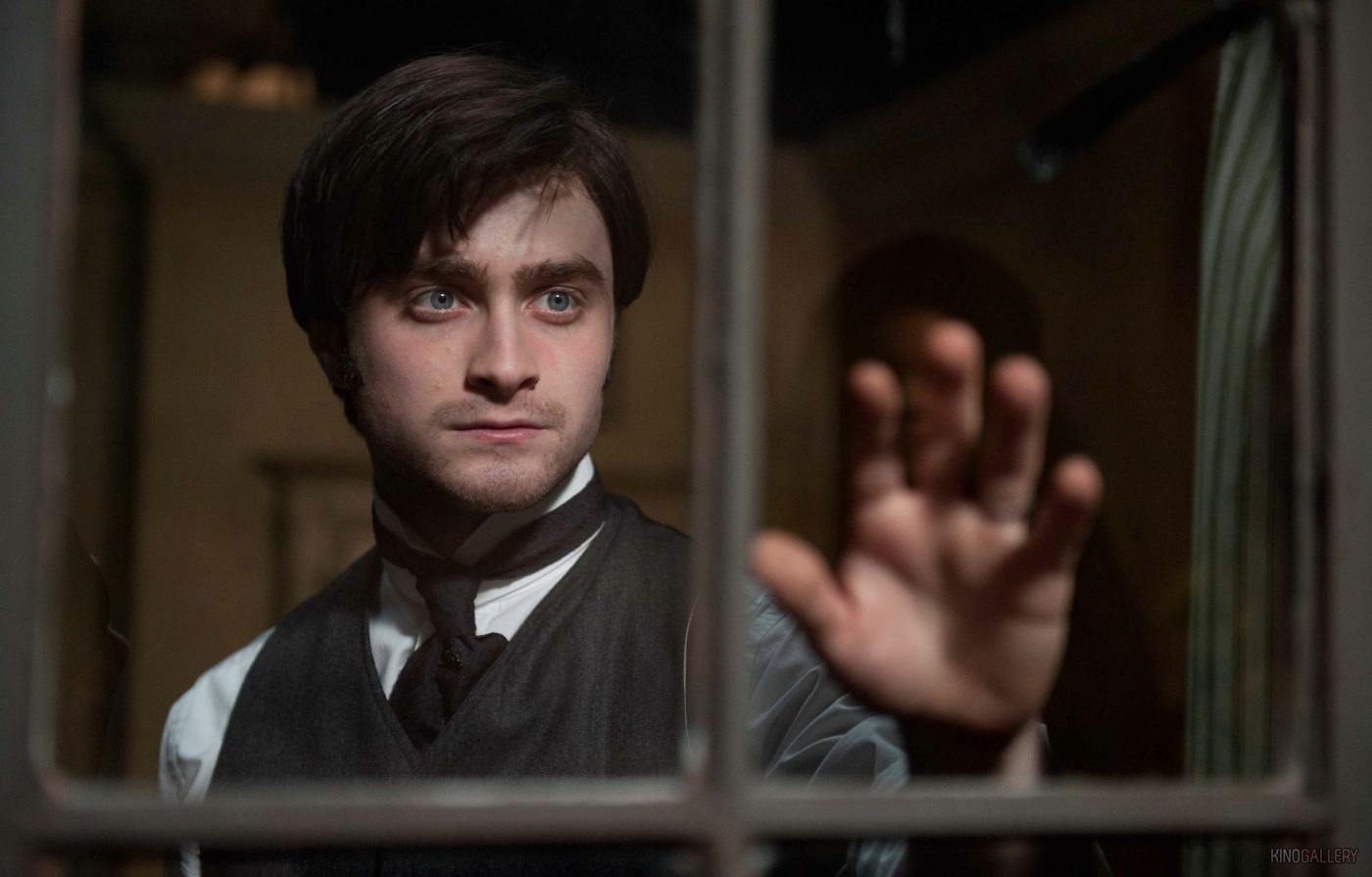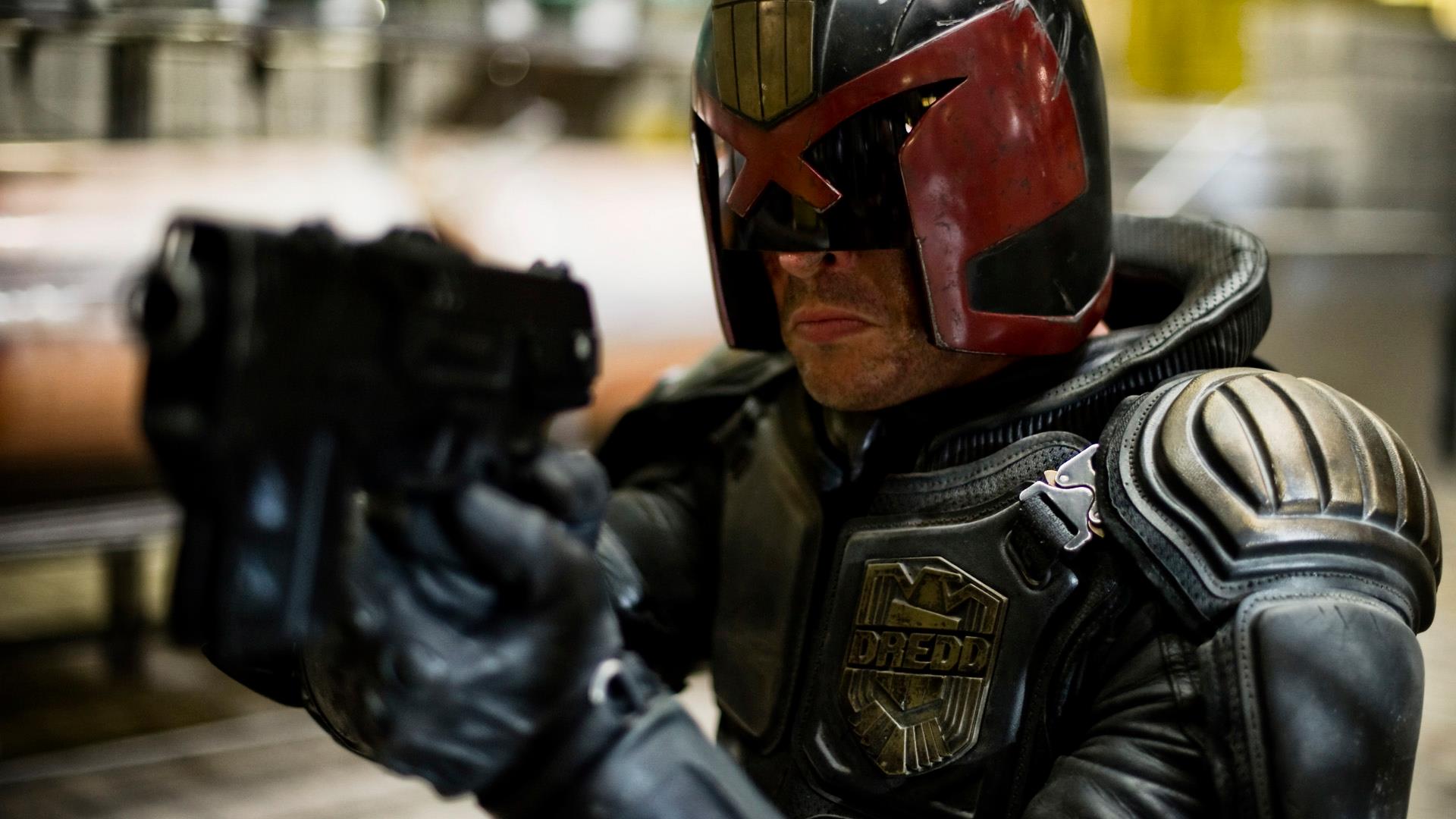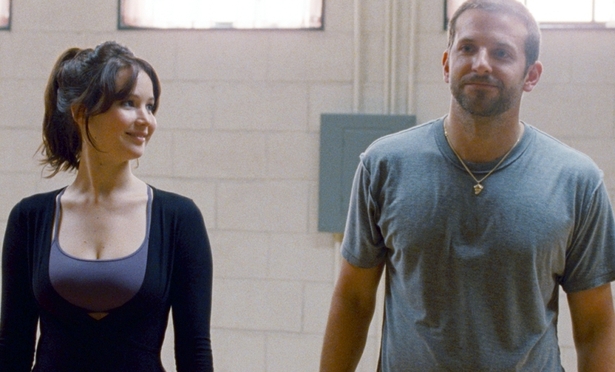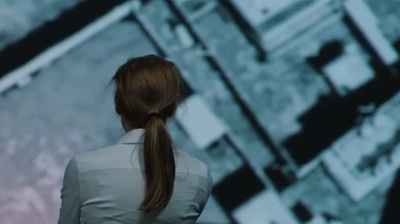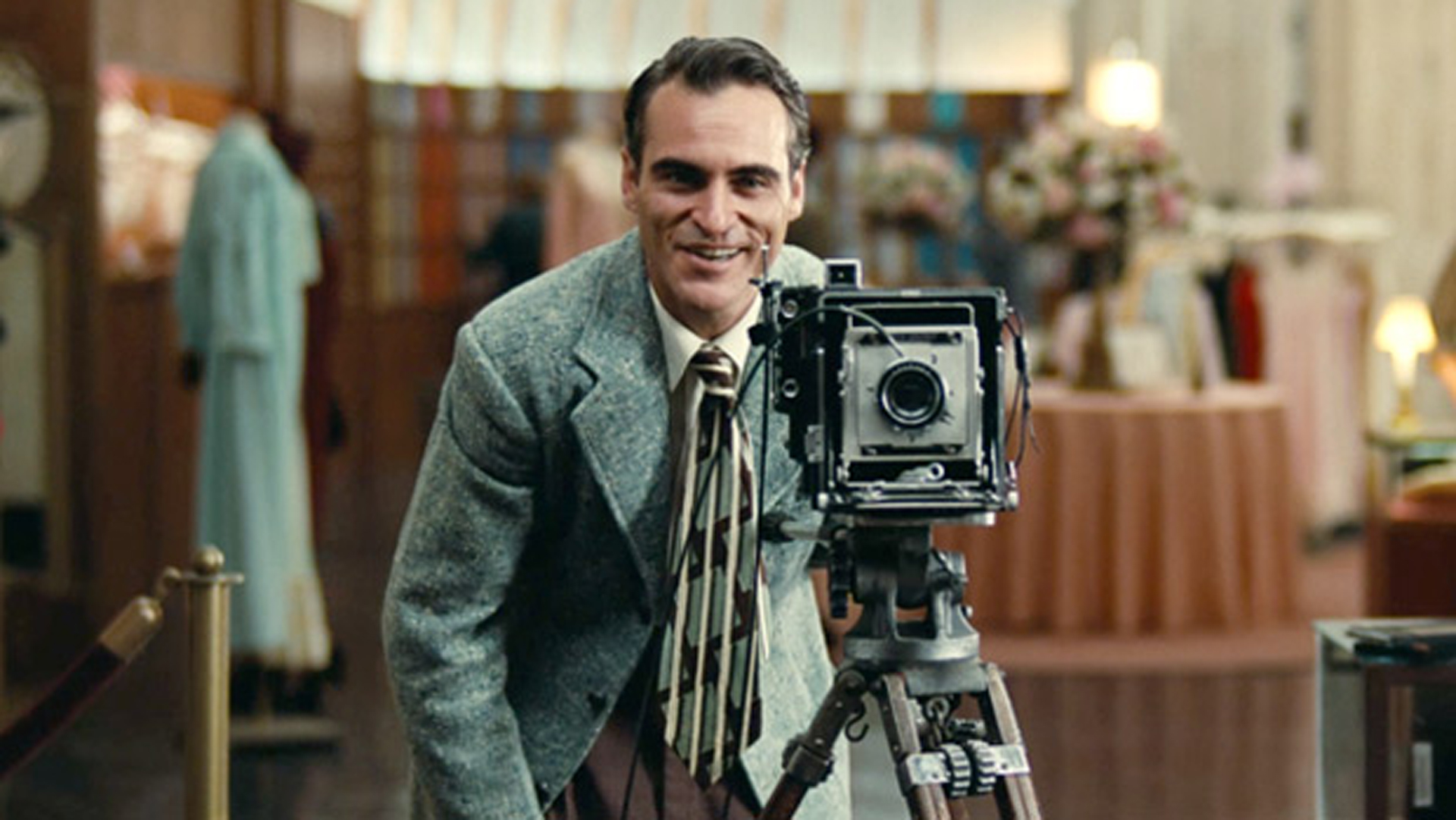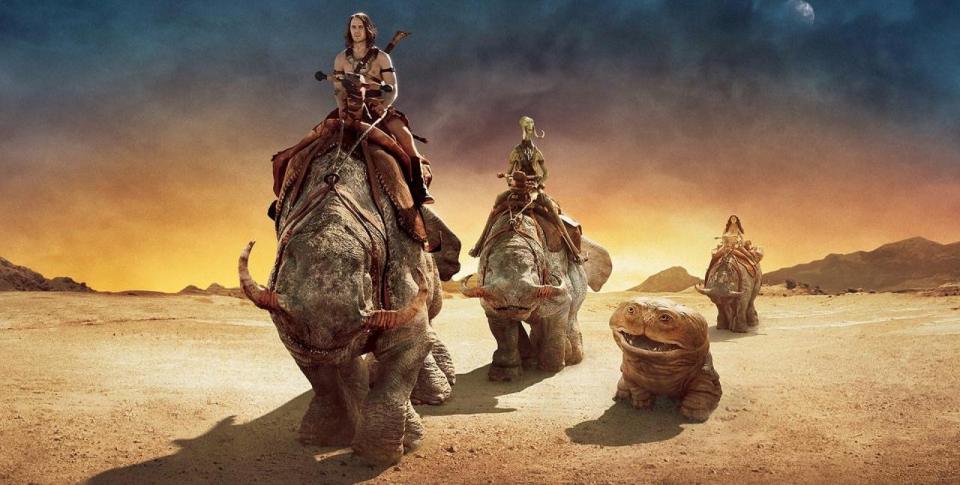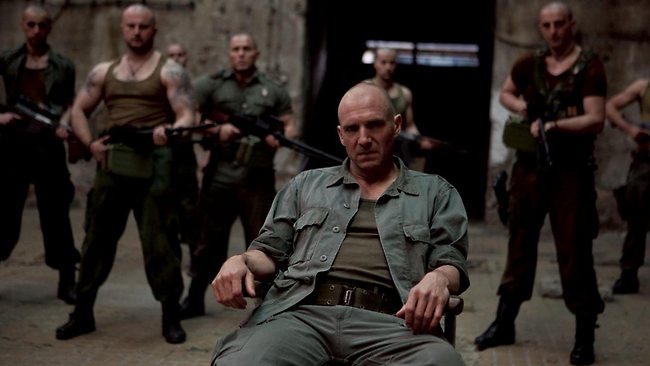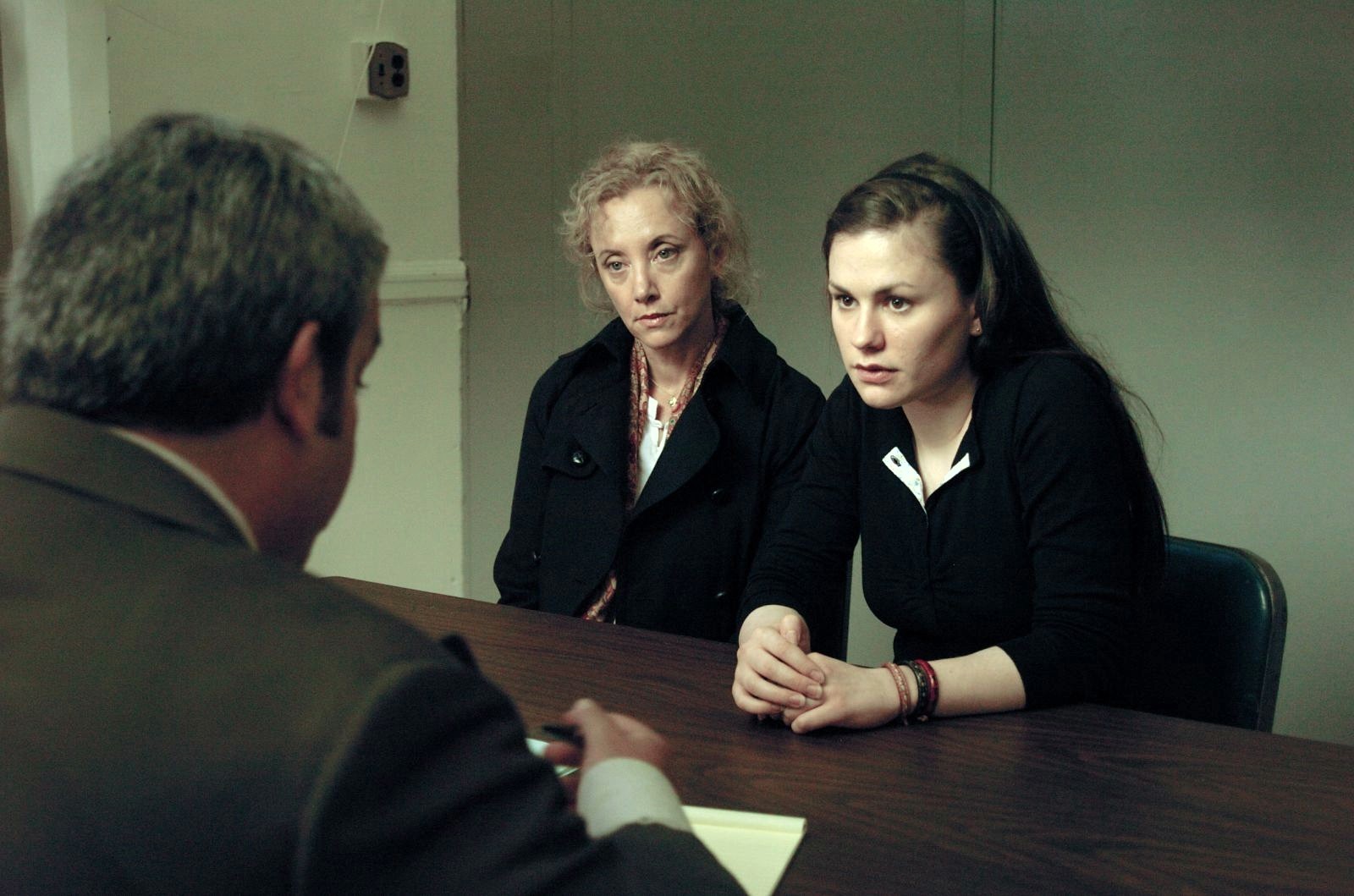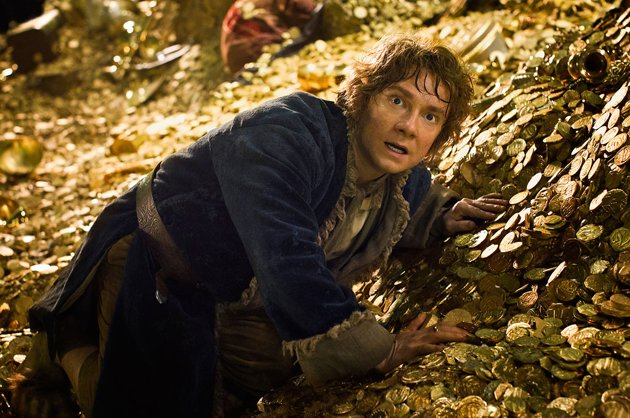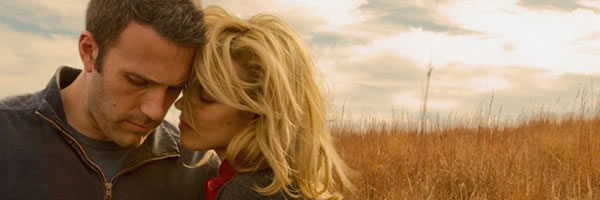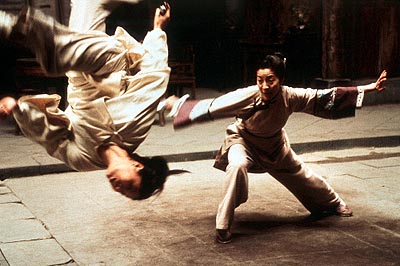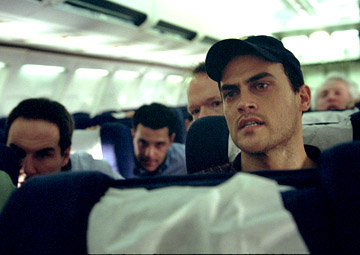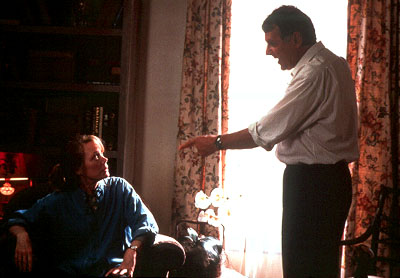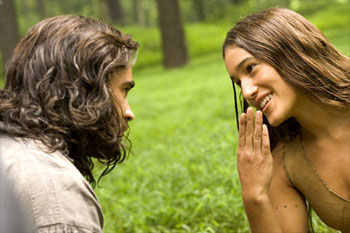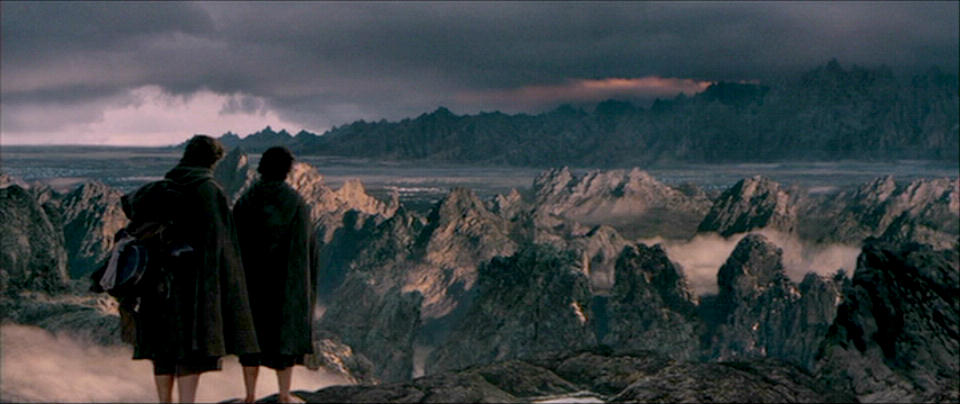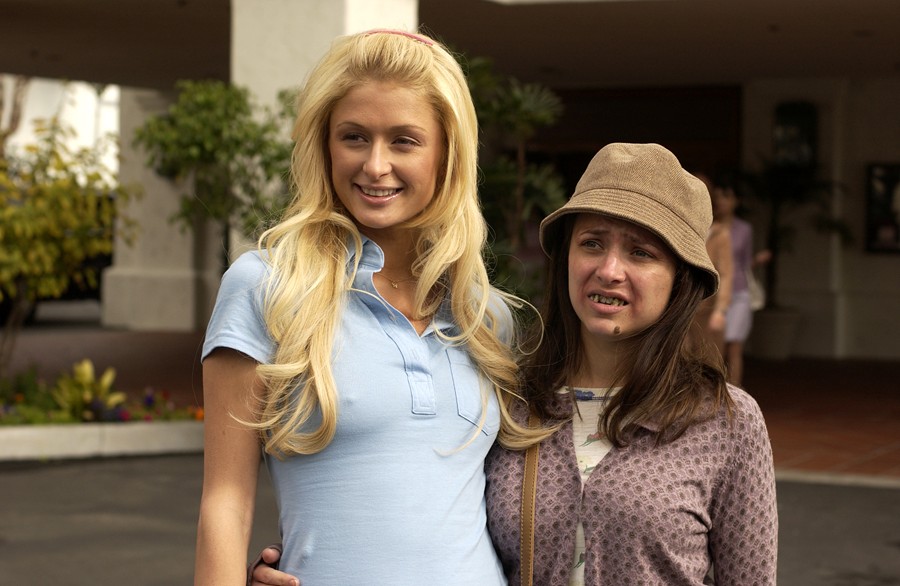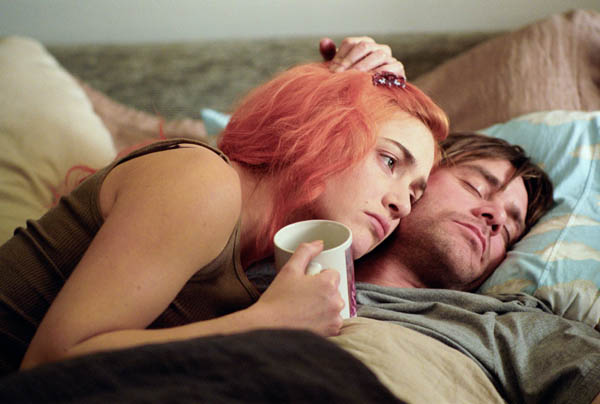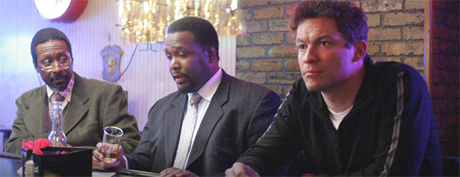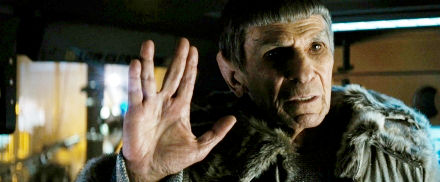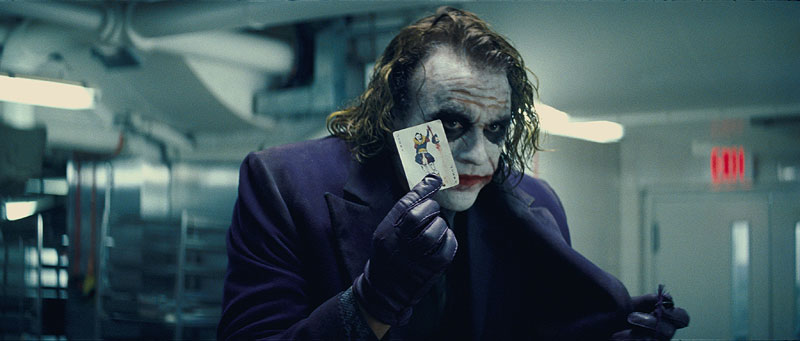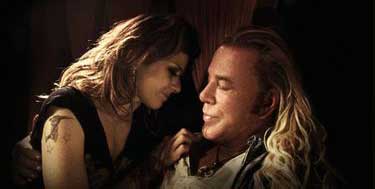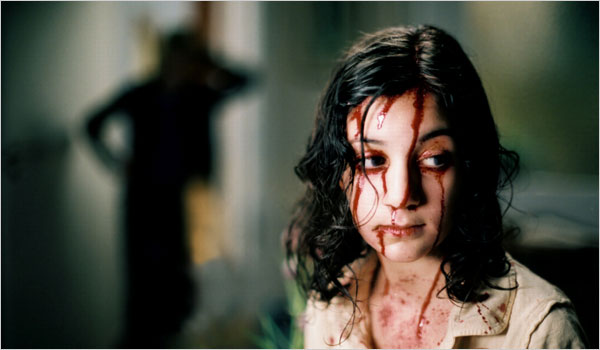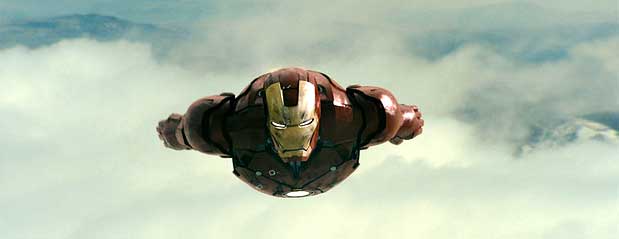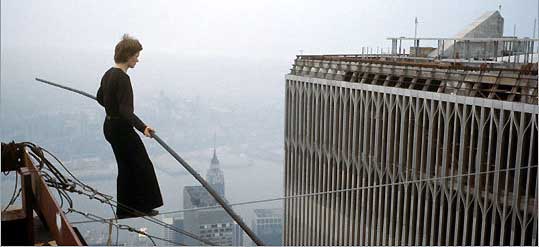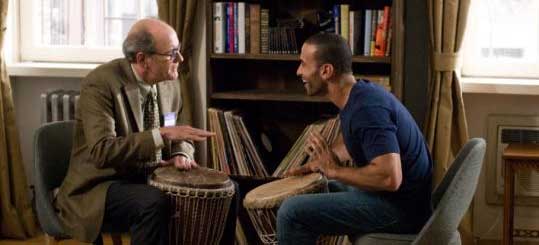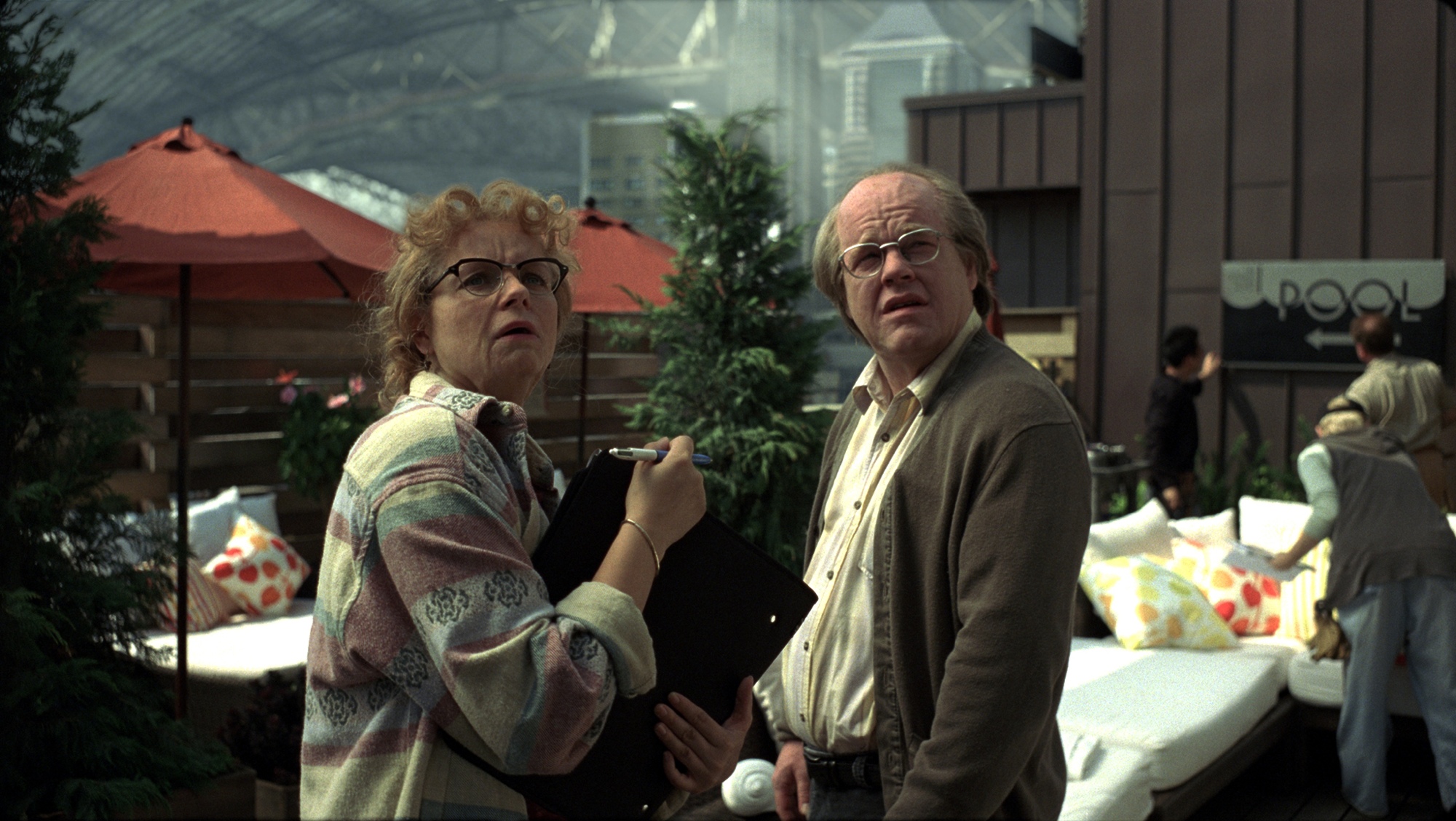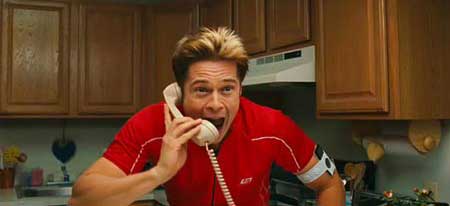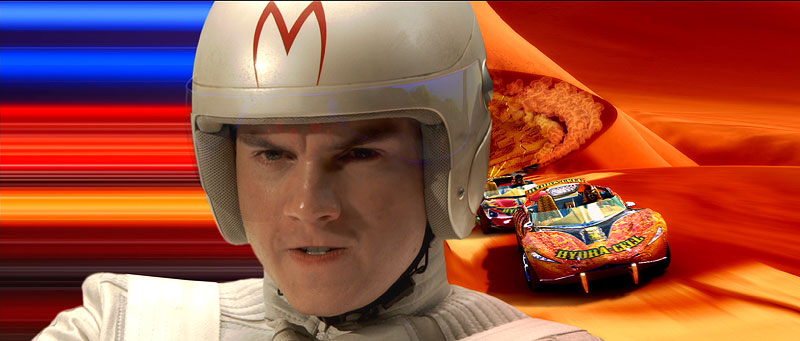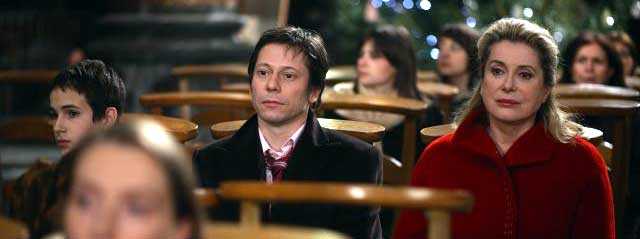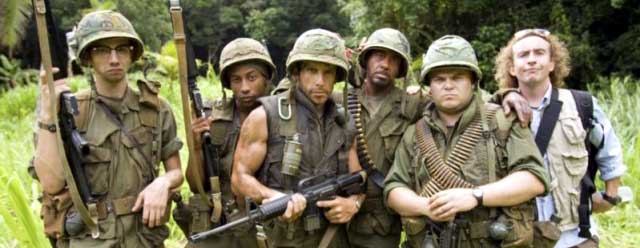A very happy 2014 to you and yours. As always, there are a few 2013 movies I’d still like to catch up on (The Act of Killing, Fruitvale Station, The Great Beauty, The Grandmaster, Short Term 12) and a few others waiting to be watched on the Netflix machine (Warm Bodies, Kon-Tiki, Berberian Sound Studio.) Nonetheless, a new year means it’s time for the annual GitM movie round-up, and 2013 isn’t getting any closer in the rear-view.
Like last year, I’ve gone on longer than usual to make up for the lack of reviews throughout the year. Overall, I’d say that, in spite of a disconcertingly bland summer full of films that needed major rewrites, 2013 ended up yielding a surprisingly bumper crop at the movies, as good as last year’s fare and arguably the deepest year since 2007. So without further ado, let’s get to the…
[2000/2001/2002/2003/2004/2005/2006/2007/2008/2009/2010/2011/2012/The Oughts]
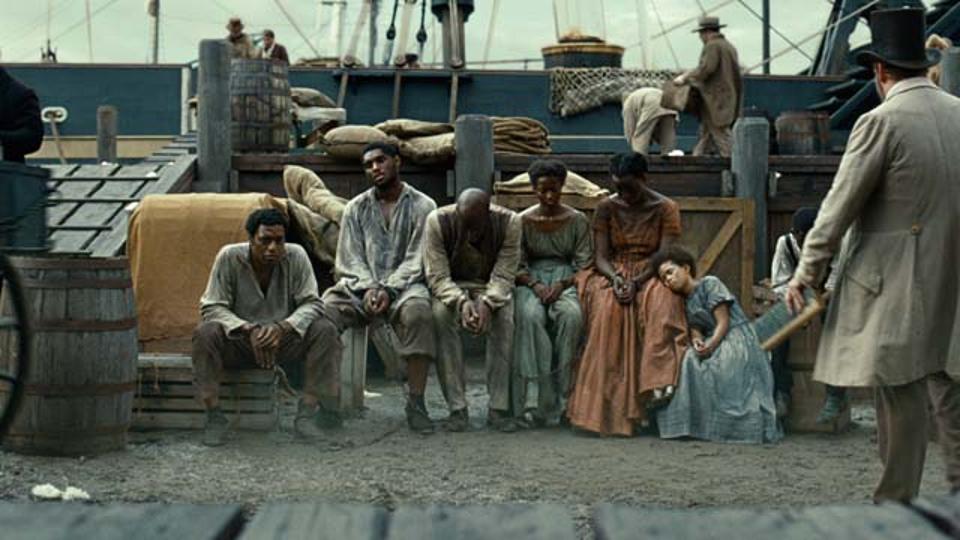
With all due respect to Michael Fassbender’s turn as the dissolute sadist Edwin Epps, the better performances in 12 Years a Slave are underplayed. As Solomon Northrop, Chiwetel Ejiofor — who first showed he had star wattage to spare ten years ago in Dirty Pretty Things — obviously carries the weight of the film, and he manages to subtly convey his character’s determination losing out to despair. Sarah Paulson’s work may not be as showy here as that of the Bender of Fass, but she is just as effective at illustrating the way antebellum slavery warped the mindset of the master class. (As the Cumber of Batch vignette points out, even a benevolent tyrant is still a tyrant.)
And, in a powerful cameo, moving about and berating his room of wares with a heartless dispatch, Paul Giamatti chillingly captures the cruelty and obscenity of the slave trade, in which children become commodities and family ties a nuisance to be overcome. (If the film’s producer, Brad Pitt, really wanted to make a bold statement, he’d have switched roles with Giamatti — As it is, his white savior turn here is the only real misstep in the movie.)
Obviously, this film is a hard watch at times, but, doggone it, it should be. After decades of dancing around the topic in anything from Gone with the Wind to Gods and Generals — even last year’s revenge fantasy, Django Unchained, mitigated the real horrors of slavery by giving its title character so much agency — 12 Years a Slave offers a steady, unblinking gaze at the underbelly of our republic, and underscores the grim reality so often obscured by our founding fictions: Only a century and a half ago, a great and terrible darkness festered in our erstwhile land of liberty, and its ramifications did not just disappear at Appomattox. If the audience ends up feeling like Pippen holding the palantir at more than a few moments throughout this tale, well that’s the point. Our past is complicated, and it’s time we did a better job of recognizing it.

True, the first hour of this movie can seem a little unfocused: I didn’t mind spending all that time at a dinner party with characters we’ve never met, but it made the film feel a bit more like Linklater’s Slacker or Waking Life, both of which are given to a lot of random philosophical musing at the expense of forward momentum. But when Jesse and Celine go off for a walk by themselves, the movie starts to click again. And the last forty minutes or so are absolutely electric, as [spoiler] our two former lovebirds, ostensibly spending a romantic evening at a couple’s hotel, instead find themselves engaged in a knock-down, drag-out Airing of the Grievances that will ring all-too-true to anyone’s who ever been in a long-term relationship, on the rocks or otherwise.
Instead of giving us anything like a feel-good rom-com this time around (and seemingly much to the horror of some of the dumbstruck-looking couples at my showing…oof, Date Night Fail) — Before Midnight opts for a much more realistic and unflinching portrayal of a romance that, over the years, has accumulated its share of fractures, bruises, and silences. I’m not sure where the story goes from here, but definitely count me in for Before Noon in 2022.
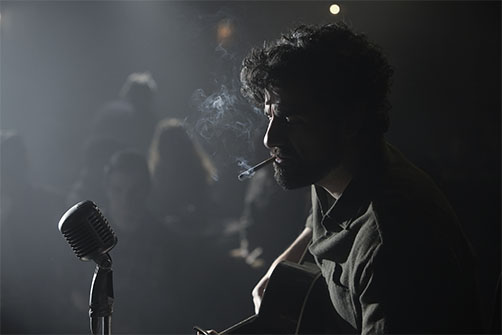
Even by Coen standards, the film has very little plot to speak of. We just follow Llewyn (Oscar Isaac, like Ejiofor another actor who’s been turning in excellent character work over the years) a folk singer as talented as he is unlucky and self-defeating, as he shambles around New York — playing gigs at the Gaslight, herding cats, and generally trying to stay afloat in the pre-Dylan scene. This is partly like the story of Dave Van Ronk, whose autobiography the Coens began with, and partly another artist-adrift-in-the-world-of-commerce story akin to Barton Fink — except, this time, Llewyn probably actually deserves to make it.
Especially in the random escapade to Chicago in the middle of the film, you get the sense that the Coens had no real interest in telling a traditional story here. Carey Mulligan (who, as it happens, played Oscar Isaac’s wife in Drive) starts out seeming like an important character and then just fades into that beautifully nostalgic freewheelin’ mist that permeates the look of the film. Other actors — Justin Timberlake, John Goodman, Adam Driver, F. Murray Abraham — appear for a few bars and move on.
I suppose the aimlessness of Llewyn could rankle. (One of my gradual school friends has a great theory about this – Llewyn Davis is folk-song as movie, with a deliberately elliptical structure and repeated refrains.) But I myself loved the look and feel of this film (the quality folk renditions don’t hurt either), and I appreciated its basic folk-song conceit: Sometimes, Hard Times are just a fact of life. If Llewyn was operating only a year or two later, he’d be a beneficiary of the Dylan boom (or, at the very least, a Phil Ochs type figure.) As it is, he’s just a unlucky soul, doing what he does best even while likely going under for the final time. I can’t wait to see this movie again, and to see what the Coens have up their sleeves next.
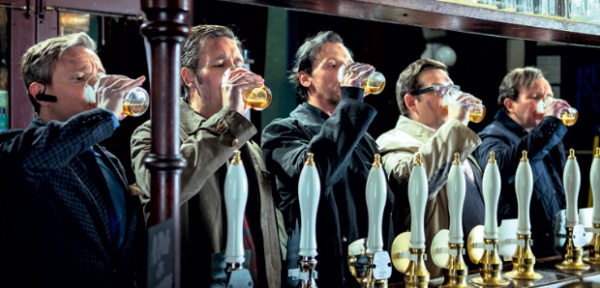
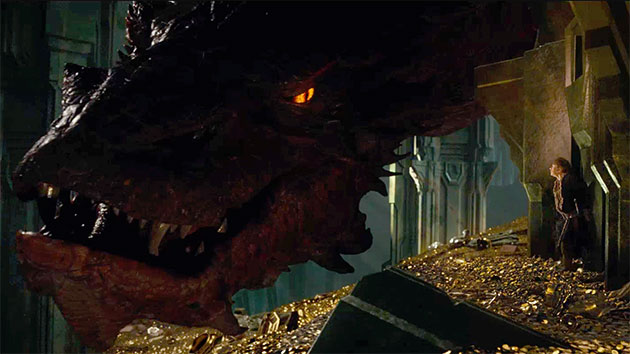
Bilbo facing Smaug in a Game of Wits is the climactic confrontation of this entire story, but here its impact is diminished considerably by (a) the movie suddenly cutting to Legolas squaring off against a made-up end-boss Orc and (b) a long and contrived scheme, right out of Alien 3, whereby Thorin and the dwarves try to confuse the Old Wyrm with a large golden statue of Durin. This plan not only robs Smaug of menace by making him seem like a blind idiot. (Smaug the Terrible, the Chiefest and Greatest of Calamities, can’t manage to squash a single measly dwarf?) It’s another setpiece, not unlike the barrel ride earlier in the film and the escape from the goblin tunnels in An Unexpected Journey, where video game physics have completely taken hold of the picture. (It’s “The Desolation of Mario,” as one wag put it.)
So why is this still way up at #5? Well, I still relish being in Middle Earth, the occasional cartoony antics notwithstanding, and there’s a lot to like here, from Martin Freeman’s Bilbo to the hallucinations and spiders of Mirkwood to Gandalf at Dol Guldur to the character design of Benny CumberSmaug. I could have done without the Team Legolas/Team Kili stuff, but Evangeline Lilly’s Tauriel is otherwise a solid addition to the saga. And I just have a soft spot for these films — here’s hoping the third film doesn’t drift too far afield into fan fiction.

Unfortunately Gravity was also, let’s face it, schmaltzy as all hell — I wish Cuaron had had enough trust in his story and audience to forego, for example, cornball conversations about Bullock’s lost kid. And, even notwithstanding how close all the space stations are to each other here (a plot point I can forgive even though it too is absurd), the ultimate fate of Clooney’s endlessly jabbering astronaut is just a gross violation of basic physics. (And moving from the impossible to the improbable, I’d have been less annoyed by the end if Bullock had splashed down in the middle of nowhere, instead of twenty feet from paradise.)
All that being said, did I mention this film is beautiful? The space walk stuff alone would put it in the top ten.
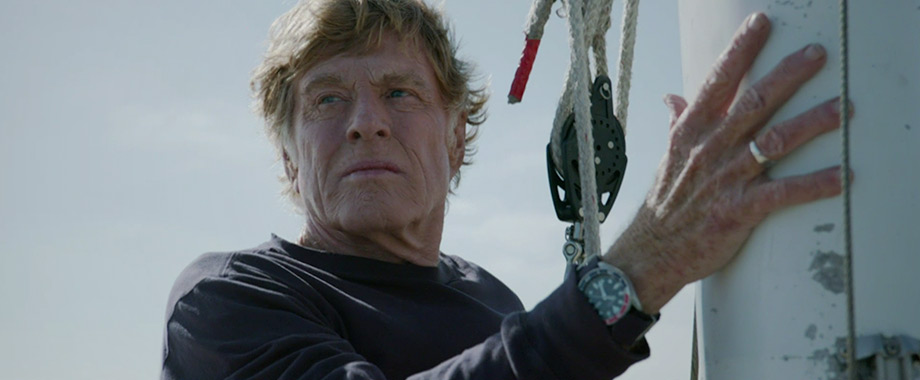


As per De Niro above, it’s also good to see Tom Hanks giving a real performance here, and not just phoning it in or coasting on his star power. Apparently, he attributes it to his recent experience in last year’s Cloud Atlas, which marks another way that film, an interesting failure, is underappreciated.

Did I love Catching Fire? No, not really – It hit at about the level of the later Harry Potter films. But much like the movie I have in the “most unfairly maligned” box below, I think you’d be hard-pressed to craft a better film from the source material, particularly given the constraint of continuing with the same actors from the first one. (I know Jennifer Lawrence is America’s sweetheart or whatever, but imho she’s still miscast here. Just because she was in Winter’s Bone doesn’t make her a perfect Katniss.) And, in any event, it’s great fun to see pros like Philip Seymour Hoffman, Jeffrey Wright, and Amanda Plummer work their way into the Panem proceedings.

Still, with its storefront facades crumbling in luscious black-and-white, Nebraska works best as a gentle and elegaic reflection on the passing of a certain kind of small-town, 20th century America — this is probably the most sympathetic argument you’ll find for the Tea Party vision of the USA — and a reminder, a la “That Was Your Mother”, that your parents and grandparents had their own lives that you, as their kids, will never fully “get.” And if nothing else, it’s nice to see Bruce Dern, who’s put in fifty years of solid character work now, get this kind of extended curtain call.
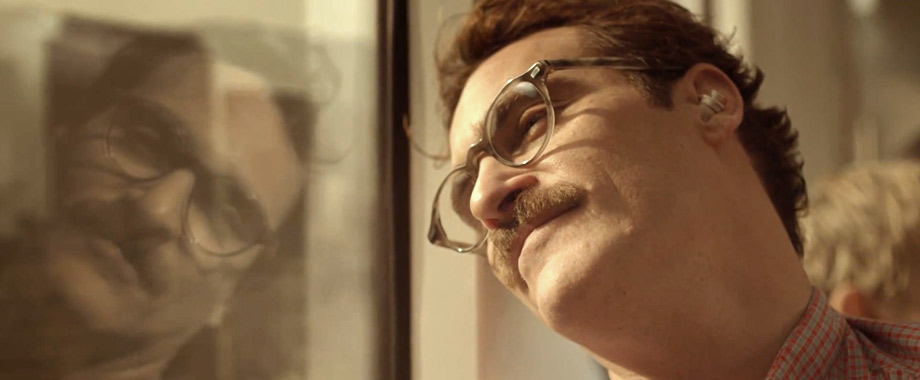
But as a love story? Er….not so much. Put aside the criticism that this is a movie about Joaquin Phoenix’s Theodore in love with a box, although I can definitely see why that’d be a dealkiller for some. Even if you accept the science fiction here, and allow that Scarlett Johansson’s Samantha is her own free-thinking entity, the vision of love being offered here is basically one never-ending phone call, where both people are constantly talking about their feelings. That’s true love? That…sounds exhausting. (Ask anyone I’ve ever dated – I’m not one for the phone. I text or e-mail.)
Not to say that true romance has to have a physical component, although in my experience it definitely helps. (And speaking of Samantha constantly lamenting her lack of physical form, I call shenanigans on the idea that civilization will somehow develop true AI before creepy love robots, but I digress.) To me, romance is also about simply experiencing things together — movies, music, dinner, travel, in-jokes. I suppose there’s some of that in Her – Theodore and his OS go to the beach and whatnot, but much more often it just seems to be a constant state-of-the-relationship phone call. No thanks.
Put another way, Her ends up being a lot like the fake letters that Theodore (rather improbably) writes for a living: An impeccably crafted simulacrum of romantic connection, Her relies on constant professions of feeling to cover up the fact that it’s really just a well-made artifice.
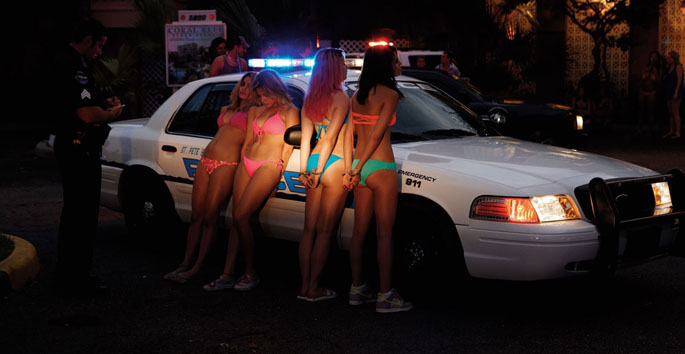
Spring Breakers is undoubtedly inchoate and repetitive, and it can’t seem to decide if it wants to revel in trashiness, send it up, or go dumpster-diving for the lost innocence underneath. (Watch James Franco and his muses croon Britney Spears’ “Everytime” and tell me what you think.) But there still seems to be a method to the madness. Basically, this is Fear and Loathing in St. Petersburg, a savage and surreal journey into one of America’s playgrounds of frenetic excess, and James Franco is our Raoul Duke. “Spreng brayyke, Spreng brAYYke, forever.”
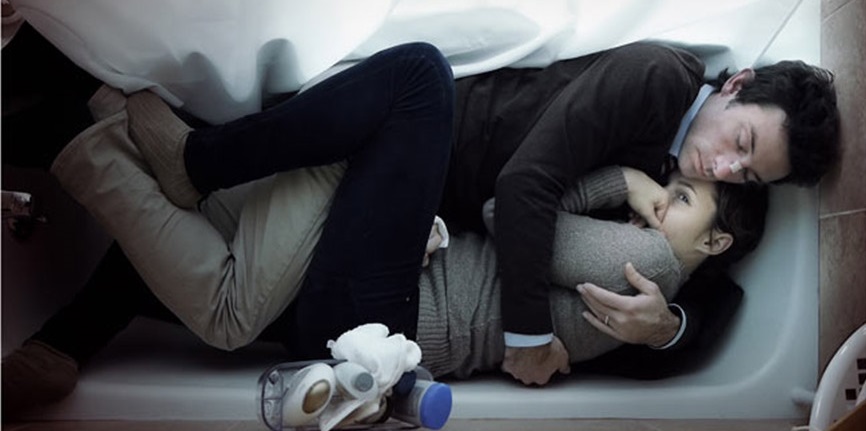
Like Primer, Upstream Color is mostly inscrutable the first time around — if it helps, I can tell you mindworms, acoustics, and pig daemons are involved — and I can see people just finding it pretentious and annoying. But, for what it’s worth, I found segments of Upstream Color evocative and entrancing, even if I had no clue what was going on. Sometimes you just go along for the ride.
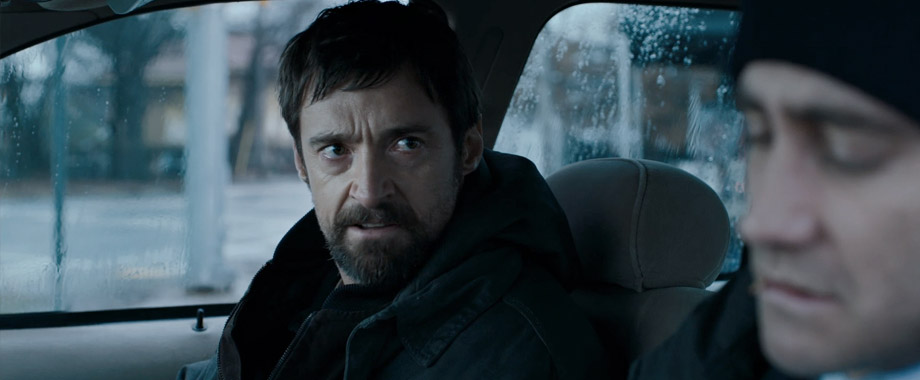
That being said, I got a bad feeling when, late in the movie, suitcases full of snakes suddenly enter the investigation. And, sure enough, soon thereafter, an individual who had only been conspicuously cast up to that point (a la Stellan Skarsgard in the Dragon Tattoo remake) suddenly starts chewing scenery like one of the redneck family from The X-Files, and what had seemed a thoughtful exercise about the agony of un-knowing suddenly becomes a half-baked retread of The Vanishing. Alas, until that last-minute lurch, Prisoners was quite a good film, with Hugh Jackman particularly memorable as a father whose berserker rage would make Wolverine blanch.
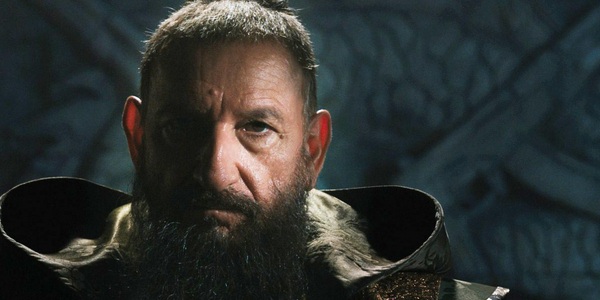
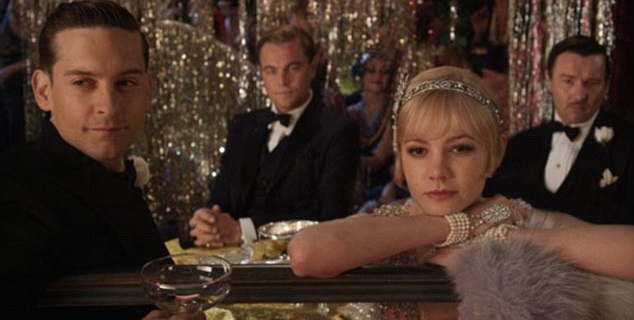

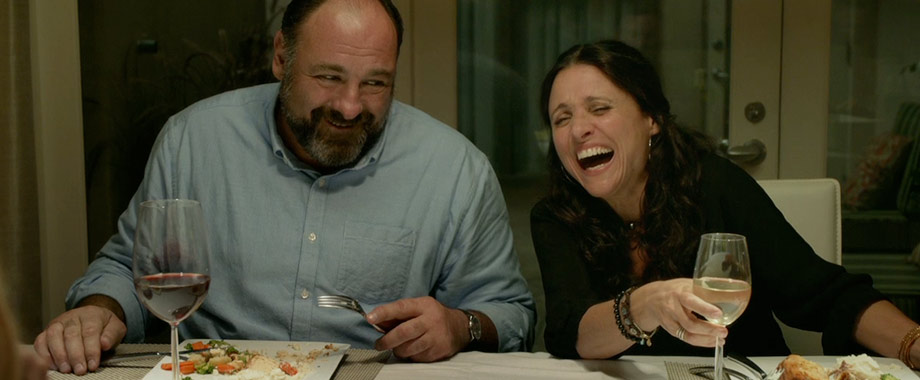


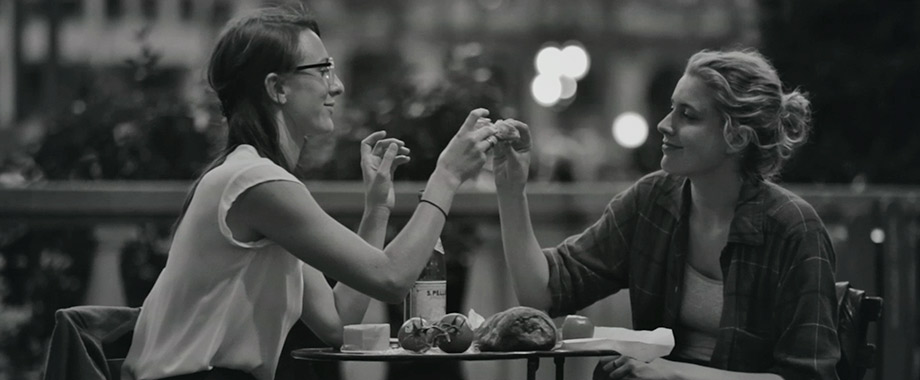
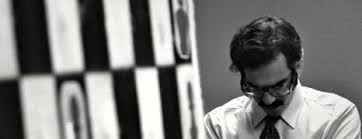
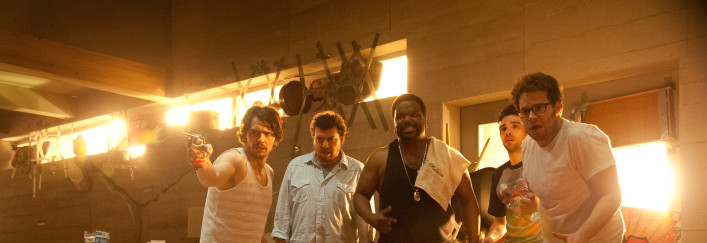
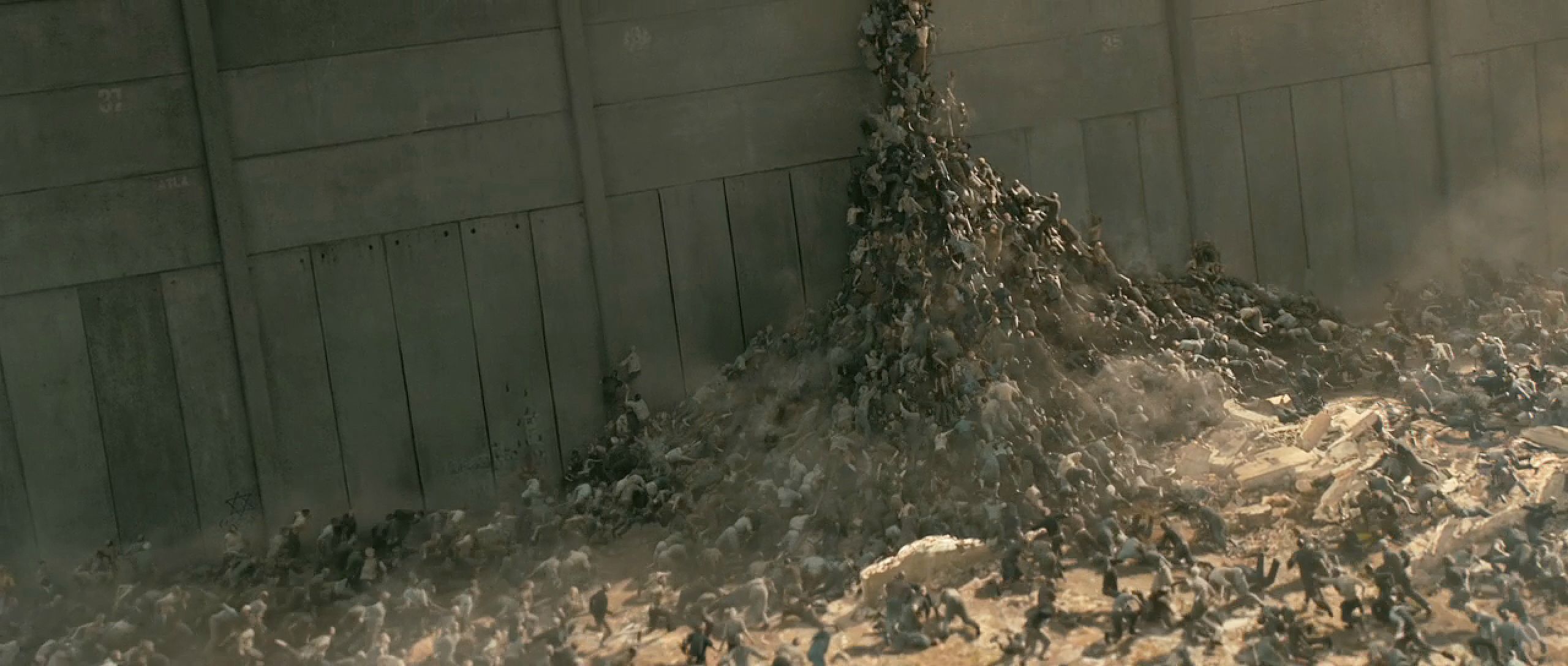
MOST DISAPPOINTING:
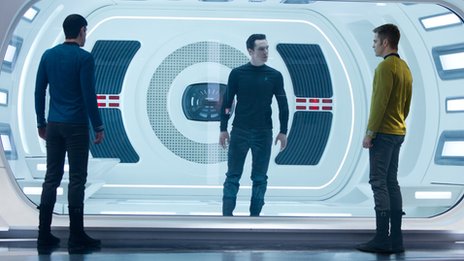
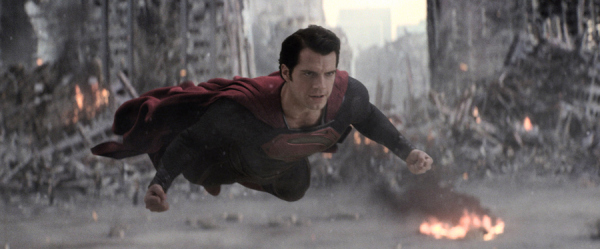
As with Green Lantern, I’m willing to give this movie a mulligan and hope DC rights the ship with Batman v. Superman v. Wonder Woman or whatever it’s called. But right now, DC is lagging far behind Marvel in the world-building-on-film department. And, for now, Cavill is the second Supes in a row, after Brandon Routh, to deserve a better adventure.
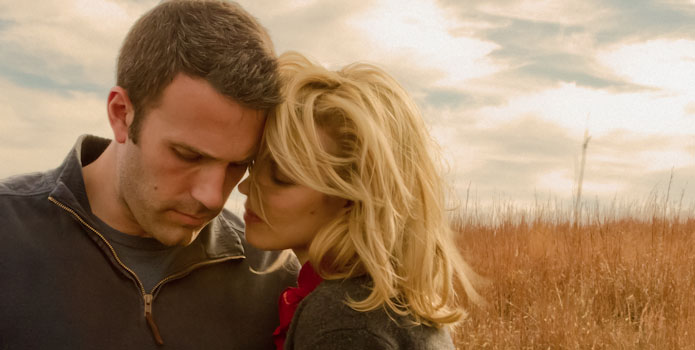
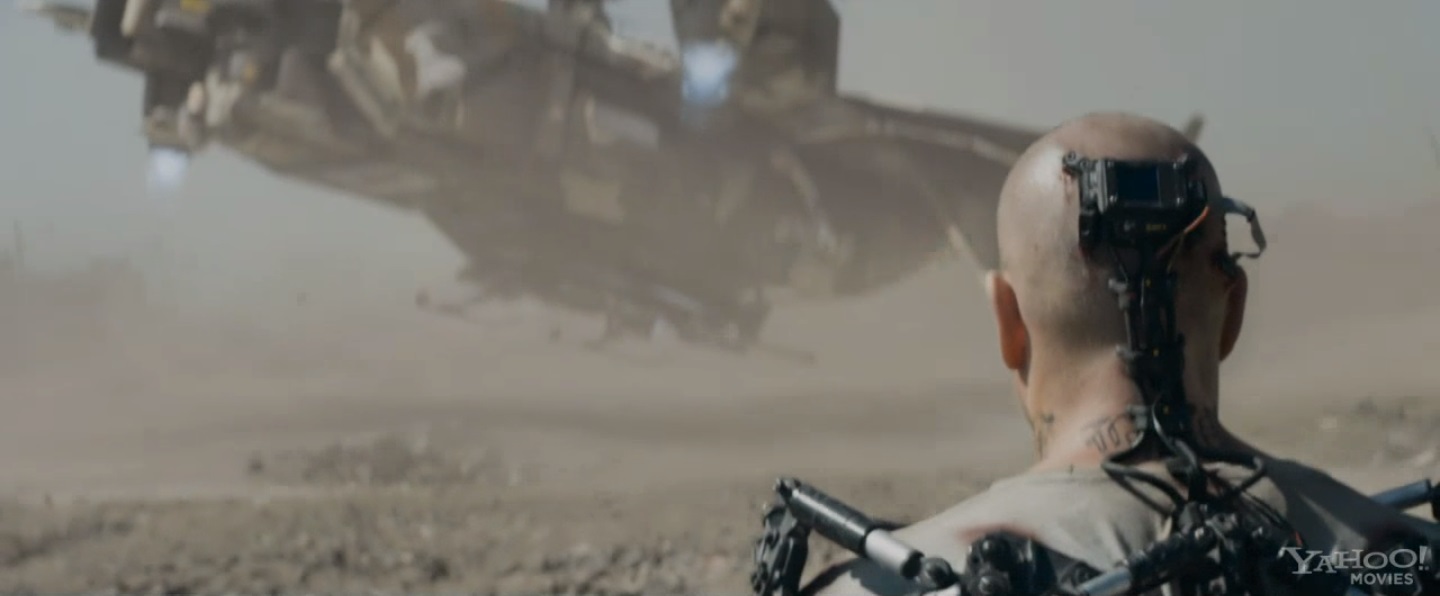
As a result, Elysium, Blomkamp’s calamitous sophomore effort after the promising District 9, was another movie in a summer full of them that made absolutely no sense at all. Since these magical cure-all health care machines seem to operate without cost, why weren’t a few already sent down to Earth long ago? And if that MacGuffin-y station reboot code is so all-powerful, why didn’t ruthless businessman William Fichtner, who was carrying it around the first third of the movie, just depose Jodie Foster (who’s embarrassing here) and make himself Emperor of Elysium? Makes. No. Sense.
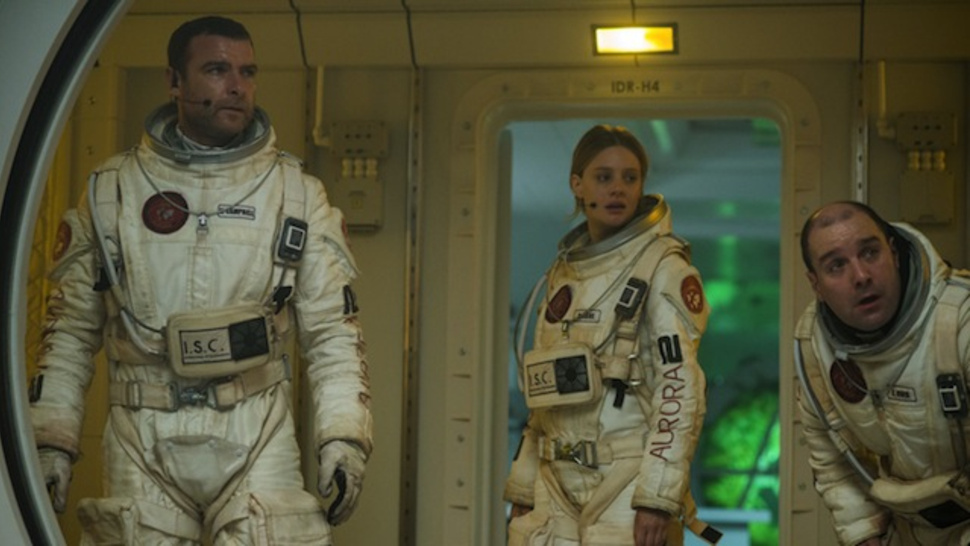
MOST OVERRATED:
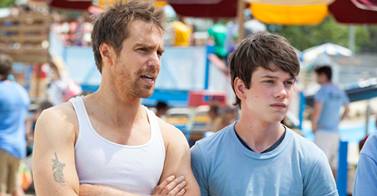
Honestly, it is bewildering to me that this film received such positive attention. All the saccharine dollops of It Gets Better here can’t obscure the fact that, for two uninvolving hours, we’re stuck on the Cape with a whiny, passive protagonist — who never does anything to suggest that Carell, however dickishly, didn’t have him dead-to-rights in the first reel — and a bunch of hackneyed, one-dimensional characters out of an ABC afterschool special.
Why does the Girl Next Door (AnnaSophia Robb) seem to be interested in our hero? Why does Local Cool Guy Sam Rockwell (and you know it’s a stinker when even Rockwell can’t save your flick) take him under his wing? Well, mainly because these are the sorts of things that happen in movies like these. If you’re hankering for a sweet coming-of-age “That One Summer It All Changed” type movie, rent Adventureland (or, if it has to be on the Cape, rent One Crazy Summer). But The Way, Way, Back is Not, Not It.
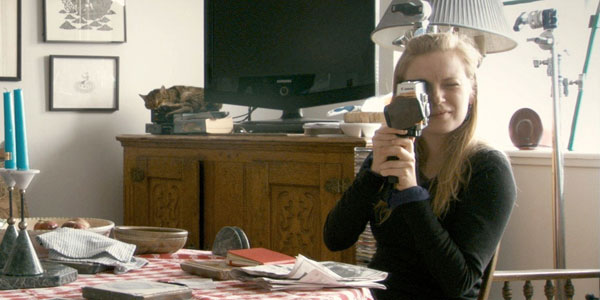
I just don’t get it. It’d be one thing if the House of Polley’s deep dark secret was something more interesting or world-historical than illegitimate parentage. (Nazis in the attic or somesuch.) But, as it is, Stories We Tell is just the documentary equivalent of a Selfie. It doesn’t have anything particularly noteworthy to say, other than, ok, a lot of families have “lies mutually agreed upon,” and I grew bored and eventually a bit disturbed by the egoism and exhibitionism of the whole enterprise. No shame if Polley wants to go digging in the family dirt, but I’m not sure why I really need to be involved.

Scorsese’s Wolf would’ve been innocuous enough if it had been 90 minutes long or so: In fact, a first-act power lunch with DeCaprio and Matthew McConaughey gets all the “these guys are nihilistic, worthless wastes of space” points across fine enough, no need to belabor it. But at three ever-lovin’ hours, the film wears out its welcome well before the end, and somewhere in that third hour — around the time DeCaprio is screaming at and gut-punching his second wife (Margot Robbie), so that we all leave knowing the asshat behavior we’ve witnessed for 180 minutes is actually not ok — I’d joined the douchebag train myself and was idly scrolling through my phone in the theater, waiting for somebody to give this dire Wolf the Grey Wind treatment, or at least throw him in the clink already.
Anyway, like all too many fratboy and/or Wall Street types, the film is not nearly as hilarious or as transgressive as it thinks it is — for example, the too-long-by-far traveling-on-Quaaludes scene was more funny and more concise (with ether) in Terry Gilliam’s Fear and Loathing. And, as I said up above, there were plenty of other movies mining this “grotesque excess is the new American independence” vein in 2013 — just go see Gatsby or Spring Breakers instead.
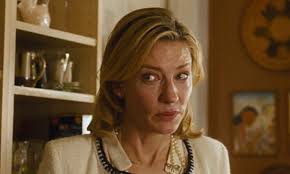
MOST [UNFAIRLY?] MALIGNED:
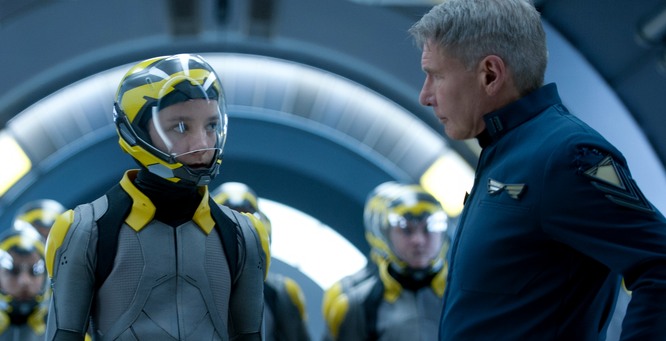
All that being said, if you’re not inherently averse to all things Card at this point, I thought Gavin Hood’s film was a surprisingly decent adaptation of the once-acclaimed novel (which I enjoyed enough in high school — I haven’t read it since.) Despite being a bit long in the tooth for the part, Asa Butterfield made for a quality Ender, with the necessary streak of amoral darkness about him. (We could’ve used Butterfield for Anakin Skywalker back in the day — but even in that Phantom Menace era, the very similar Lucas Black was always available.) And, speaking of Star Wars, hey, Harrison Ford is alive here! Always good to see.
WHAT IS THIS I DON’T EVEN:
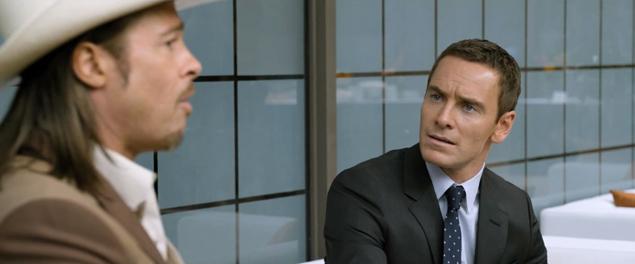
Was The Counselor actually a good movie? Well, that one’s easy: No, no it wasn’t. Was it terrible? Well, Counselor, I think so, but to be honest I’m not even entirely sure. Just as To the Wonder seemed like a Malick parody, this one reads and watches like a parody of Cormac McCarthy — We have the macho posturing, lots of misogyny of the madonna/whore and vagina dentata variety, no small amount of Old Testament speechifying, and plenty of cartoon nihilism, Texas-style. Of course, I think, No Country notwithstanding, most of McCarthy’s stuff reads like parody — Blood Meridian was terrible; there, I said it — so your mileage may vary.
What I do know is that The Counselor was completely cuckoo-bananas, that it did linger in my mind for several days after watching it, and that, if nothing else, I remain sort of impressed that an A-list movie this strange, verbose, and relentlessly dark made it to the screen in this form. But am I recommending it? God, no, Counselor, you’ll sue me…or worse.

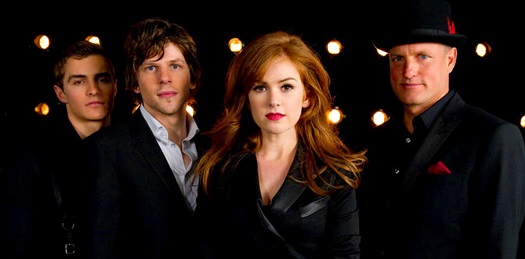
THIS JUST IN | UPDATE | BREAKING NEWS | MUST CREDIT GITM:
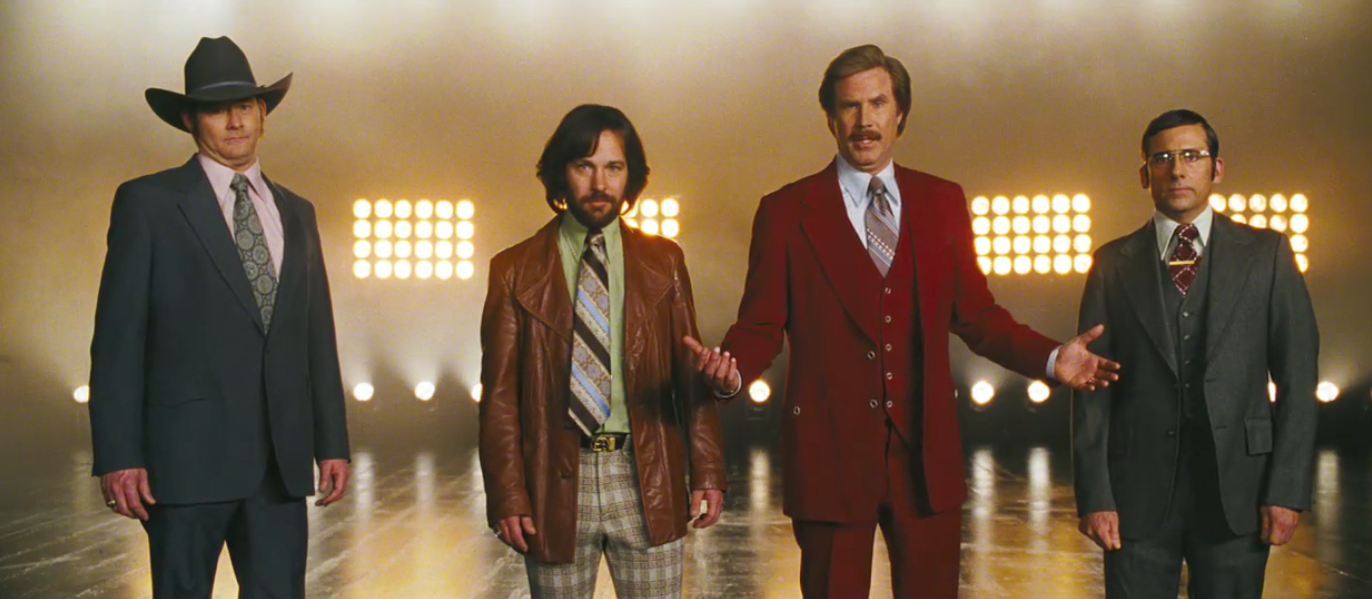
In any event, there’s too much Brick and far too little Baxter, but if you enjoyed the first one, this chapter — which has Ron and his crew taking their talents to CNN and the Big Apple, partying like Wolves of Wall Street, and learning the world a thing or two about car chases — hits at about the same level of hilarity: Maybe slot this somewhere in the late teens/early twenties? I dunno, I immediately regret this decision.
THE REST:
Worth Netflixing: Big Star: Nothing Can Hurt Me (2012), Don Jon, Europa Report, John Dies at the End, Monsters University, Oblivion, Pain and Gain, The Place Beyond the Pines, Side Effects, Stoker, Thor 2: The Dark World, West of Memphis
Don’t Bother: Admission, The Bling Ring, Closed Circuit, Drinking Buddies, The Fifth Estate, Gangster Squad, Kick-Ass 2, Much Ado about Nothing, Oz the Great and Powerful, Pacific Rim.
Best Actor: Chiwetel Ejiofor, 12 Years a Slave; Oscar Isaac, Inside Llewyn Davis; Robert Redford, All is Lost, Christian Bale, American Hustle; Tom Hanks, Captain Phillips
Best Actress: Julie Delpy, Before Midnight; Sandra Bullock, Gravity; Cate Blanchett, Blue Jasmine; Amy Adams, American Hustle; Amy Seimetz, Upstream Color
Best Supporting Actor: Jared Leto, Dallas Buyer’s Club; Jeffrey Wright, A Single Shot; Ben Nelson, Kill Your Darlings; James Franco, Spring Breakers; Ben Kingsley, Iron Man 3
Best Supporting Actress: Lupita Nyong’o, 12 Years a Slave; Sarah Paulson, 12 Years a Slave; June Squibb, Nebraska; Maria Bello, Prisoners; Amy Adams, Her
Unseen: 2 Guns, 21 and Over, 42, 47 Ronin, The Act of Killing, After Earth, Aftershock, Ain’t Them Bodies Saints, August: Osage County, Austenland, Bad Grandpa, Baggage Claim, Beautiful Creatures, Berberian Sound Studio, Black Nativity, Blue is the Warmest Color, The Book Thief, Broken City, Bullet to the Head, The Butler, Byzantium, The Call, The Canyons, Carrie, CBGB, The Colony, The Company You Keep, The Croods, Dead Man Down, Delivery Man, Despicable Me 2, Diana, Epic, Escape Plan, Fast and Furious 6, Frozen, Fruitvale Station, Getaway, GI Joe: Retaliation, A Glimpse Inside the Mind of Charles Swan, A Good Day to Die Hard, The Grandmaster, The Great Beauty, Grown Ups 2, Grudge Match, Hansel and Gretel: Witch Hunters, The Hangover Part III, The Heat, Homefront, Identity Thief, In a World, The Incredible Burt Wonderstone, Insidious 2, The Internship, The Invisible Woman, Jack the Giant Slayer, Jobs, Kon-Tiki, The Last Stand, Last Vegas, Laurence Anyways, The Lone Ranger, Lone Survivor, Machete Kills, Mama, Mandela: Long Walk to Freedom, Movie 43, Mud, Oldboy, Olympus Has Fallen, Out of the Furnace, Paranoia, Parker, Parkland, Percy Jackson 2, Philomena, Planes, Post Tenebras Lux, The Purge, Red 2, Redemption, The Reluctant Fundamentalist, Riddick, R.I.P.D, Romeo and Juliet, Runner Runner, Rush, Saving Mr. Banks, The Secret Life of Walter Mitty, The Smurfs 2, The Spectacular Now, Stand-Up Guys, Trance, Turbo, Twenty Feet From Stardom, Warm Bodies, We’re the Millers, White House Down, The Wind Rises, Winnie Mandela, You’re Next.
- A Good Year For:
- Amy Adams (American Hustle, Her, Man of Steel)
- Ben Kingsley Reveals (Ender’s Game, Iron Man 3)
- Black and White (Computer Chess, Frances Ha, Nebraska)
- Character Actors in Lead Roles (12 Years a Slave, Inside Llewyn Davis. A Single Shot)
- De Caprio Blinging (The Great Gatsby, The Wolf of Wall Street)
- Fassbatch (12 Years a Slave, The Hobbit: The Desolation of Smaug)
- Harrowing Tales of Survival (12 Years a Slave, All is Lost, Captain Phillips, Gravity)
- A Bad Year For:
- The American Dream (The Great Gatsby, Spring Breakers, Pain and Gain, The Wolf of Wall Street)
- Javier Bardem (The Counselor, To the Wonder — but he’s very watchable in both.)
- Cumberbender (The Counselor, The Fifth Estate, Star Trek: Into Darkness)
- Maersk (Captain Phillips, All is Lost)
- Making it in NYC (Frances Ha, Inside Llewyn Davis)
- Missions in Space (Europa Report, Gravity, The Last Days on Mars)
- Symbols of Presidential Power (Iron Man 3, Olympus Has Fallen, White House Down)
2014: 3 Days to Kill, 22 Jump Street, 300: Rise of an Empire, Alexander and the Terrible, Horrible, No-Good, Very Bad Day, The Amazing Spiderman 2, Annie, That Awkward Moment, Bad Words, Big Eyes, Birdman, Blended, Captain America: The Winter Soldier, Chef, Child 44, Dawn of the Planet of the Apes, Divergent, Draft Day, Dumb and Dumber To, Edge of Tomorrow, Endless Love, Exodus, The Expendables 3, A Fantastic Fear of Everything, The Fault in Our Stars, Foxcatcher, Fury, The Giver, Godzilla, Gone Girl, Grace of Monaco, The Grand Budapest Hotel, Guardians of the Galaxy, Hercules: The Thracian Wars, How to Catch a Monster, How to Train Your Dragon 2, The Hunger Games: Mockingjay, Pt. 1, I, Frankenstein, Inherent Vice, Interstellar, The Interview, Into the Woods, Jack Ryan: Shadow Recruit, Jane Got a Gun, Jersey Boys, The Judge, Jupiter Ascending, Labor Day, The Lego Movie, Lucy, Magic in the Moonlight, Maleficent, Million Dollar Arm, A Million Ways to Die in the West, The Monuments Men, A Most Wanted Man, Mr. Peabody & Sherman, Muppets Most Wanted, Neighbors, Noah, Non-Stop, The Nut Job, Nymphomaniac, Paddington, Paranormal Activity: The Marked Ones, Pompeii, The Purge 2, Ride Along, Rio 2, Robocop, Sabotage, Serena, Sex Tape, Sin City: A Dame to Kill For, St. Vincent de Van Nuys, Tammy, Teenage Mutant Ninja Turtles, This is Where I Leave You, Transcendence, Transformers 4, Unbroken, Vampire Academy: Blood Sisters, Veronica Mars, Welcome to Yesterday, Walk of Shame, Winter’s Tale, X-Men: Days of Future Past, The Zero Theorem, and
